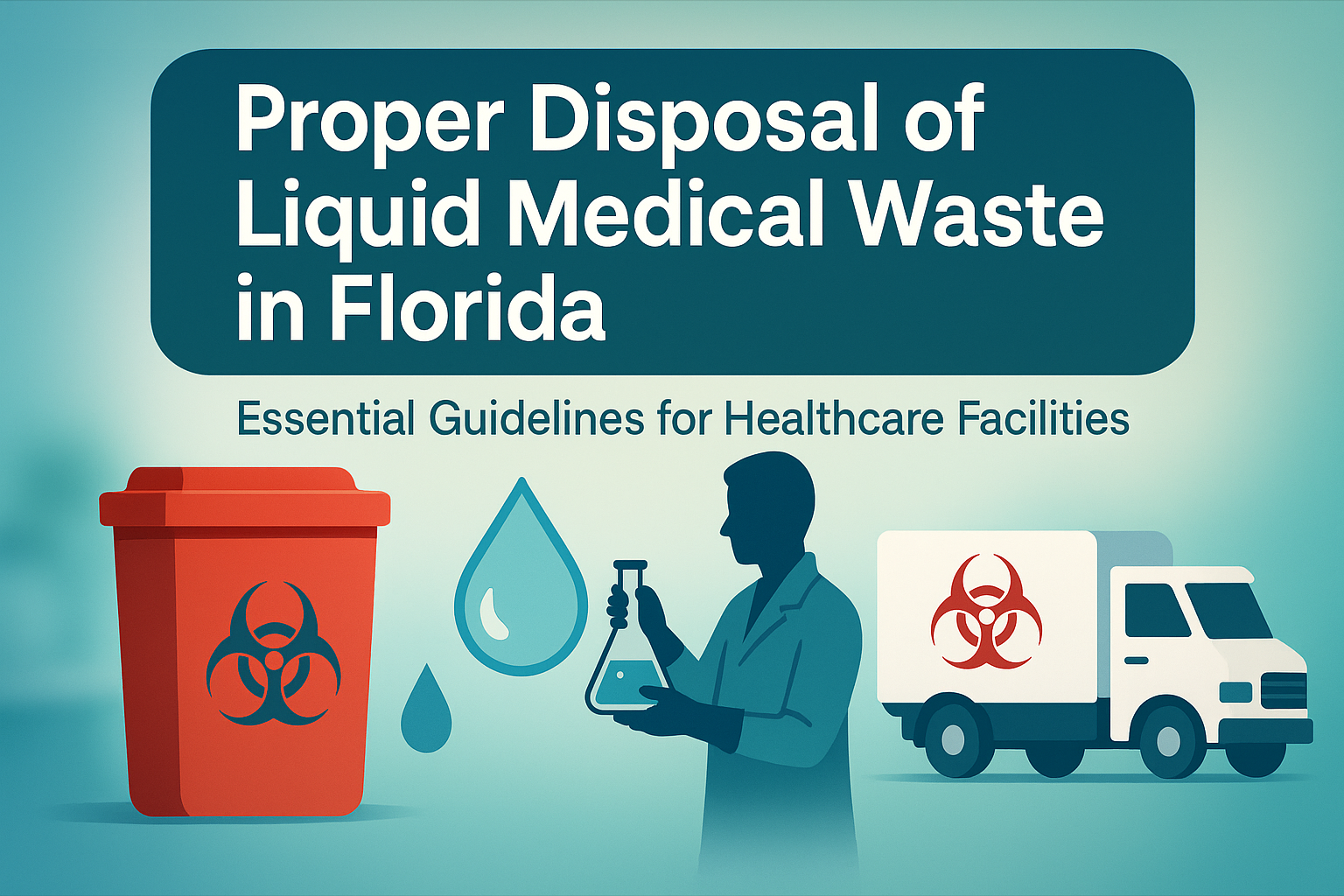
Bio waste which includes biodegradable materials like food scraps, garden waste and other organic matter is a significant environmental concern. Effective bio waste disposal not only reduces landfill waste but also plays a crucial role in environmental sustainability. By adopting proper bio waste management techniques individuals and communities can significantly minimize their carbon footprint and contribute to a healthier ecosystem. In this guide we’ll explore the importance of bio waste disposal, practical steps for effective management and the benefits of composting.
Why Proper Bio Waste Disposal is Essential
Proper bio waste disposal is vital for several reasons. First it helps reduce the volume of waste sent to landfills thereby conserving space and minimizing the environmental impact. When organic waste decomposes in landfills it produces methane—a potent greenhouse gas. By diverting bio waste from landfills through composting we can significantly lower these harmful emissions and foster a cleaner environment.
Additionally composting enriches soil quality by returning valuable nutrients to the earth. Healthy soil supports plant growth and enhances biodiversity. Using compost in gardens and landscapes improves soil structure and moisture retention creating an ecosystem that thrives. Ultimately responsible bio waste disposal is not just about waste management; it is an essential component of sustainable agriculture and gardening.
Materials for Effective Bio Waste Management
To manage bio waste efficiently it’s crucial to gather the right tools and materials. Here are some essentials:
- Compost Bin: A designated space for composting kitchen and garden waste.
- Kitchen Scraps Container: A small bin to collect organic waste conveniently.
- Shovel or Pitchfork: For aerating the compost and turning materials.
- Moisture Control Tools: A water source to keep the compost damp.
Balancing “greens” (nitrogen-rich materials like fruit and vegetable scraps) with “browns” (carbon-rich materials like dried leaves) is also crucial for successful composting. Preparing these materials in advance will streamline the composting process and enhance its effectiveness.
Separating Organic Waste
The first step in bio waste disposal is to separate organic waste from regular trash. Designate a specific container for organic waste in your kitchen such as a small compost pail. This separation not only reduces landfill waste but also simplifies the composting process. Encouraging all household members to participate fosters a culture of sustainability.
Using biodegradable liners can help contain mess and odors making it easier to transfer waste to the compost bin. By adopting this practice you set an example for others encouraging them to join in your sustainability efforts.
Composting Techniques for Bio Waste
Composting is a highly effective method for recycling bio waste. Start by layering organic waste in the compost bin alternating between greens and browns. This layering creates the right carbon-to-nitrogen ratio essential for decomposition. Regularly aerate your compost to introduce oxygen which speeds up the breakdown process.
Monitor moisture levels to ensure the compost remains damp but not waterlogged. As your compost matures it will develop a rich earthy smell and a dark crumbly texture—indicators that it’s ready for use in gardens. This transformation not only reduces waste but also enriches soil promoting healthier plant growth.
Exploring Local Bio Waste Disposal Options
Researching local regulations and resources for bio waste disposal is crucial. Many communities offer composting programs curbside collection or drop-off centers for organic waste. Engaging with these resources simplifies the management of bio waste and supports sustainable practices. Many communities offer specialized services for organic waste management. Explore options available at My Bio Waste to find out more.”
Participating in local initiatives can deepen your understanding of composting while connecting you with others who share your commitment to environmental stewardship. These community programs often provide valuable educational resources that can enhance your efforts in bio waste management.
Spreading Awareness and Educating Others
Once you understand bio waste disposal, share your knowledge to amplify your impact. Educate family friends and neighbors about the importance of proper bio waste management and how they can contribute to sustainability. Hosting workshops or informal gatherings can be a fun way to spread awareness and encourage others to adopt composting practices.
Social media is also a powerful tool for raising awareness. Share your composting journey post tips and engage your community. By fostering a network of support you can inspire collective action which is essential for broader sustainability efforts.
Common Mistakes to Avoid in Bio Waste Disposal
To ensure effective composting it’s important to know what not to include in your bio waste. Avoid non-biodegradable materials such as plastics, metals and glass as they can contaminate your compost. Additionally be cautious with cooked foods which may attract pests. Instead focus on composting plant-based materials and vegetable scraps to maintain a healthy compost pile.
By being selective about what you include in your compost you can optimize the process and enhance the benefits for your garden and the environment.
The Environmental Benefits of Responsible Bio Waste Management
Embracing responsible bio waste management has numerous environmental benefits. Composting enriches soil, enhances plant growth and helps to lower greenhouse gas emissions. By reducing the volume of waste sent to landfills you contribute to a cleaner healthier planet.
Moreover community involvement in bio waste management fosters a collective sense of responsibility. When individuals work together toward sustainable practices the impact multiplies creating a culture of stewardship. Responsible bio waste disposal is not just an individual effort; it’s part of a larger movement toward environmental sustainability that benefits all.
Final Thoughts
Effective bio waste disposal is an achievable yet impactful way to promote environmental sustainability. By understanding the significance of bio waste management and adopting practical steps for composting you can contribute positively to the planet. Start today by separating your waste composting effectively and educating others in your community. Every small action counts toward a healthier greener future and together we can create a sustainable environment that nurtures both our communities and the natural world.








